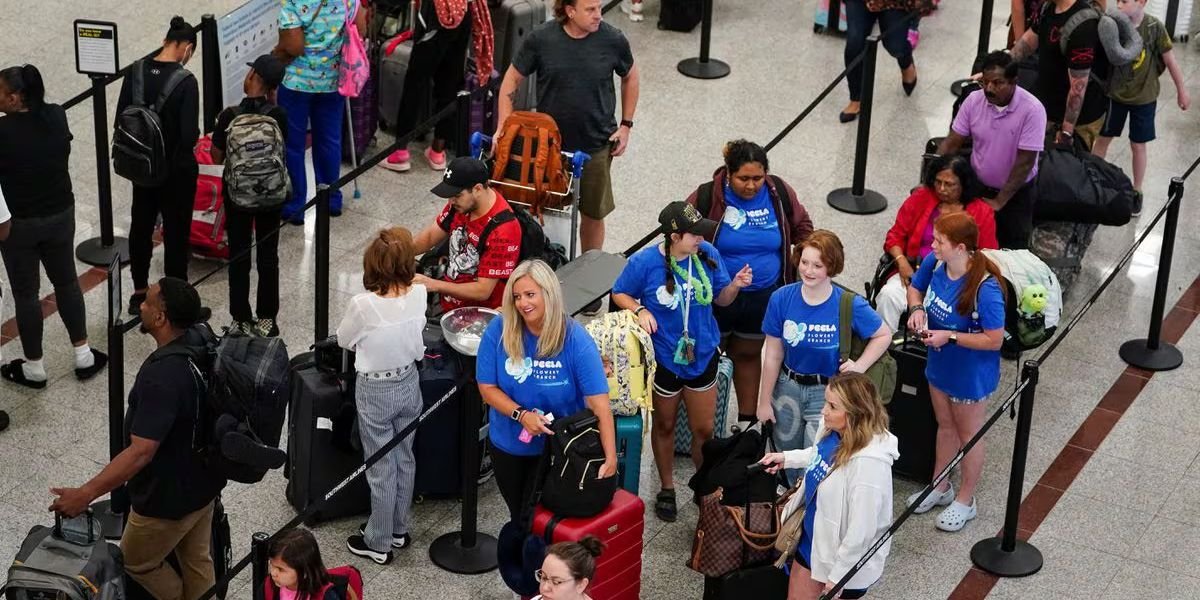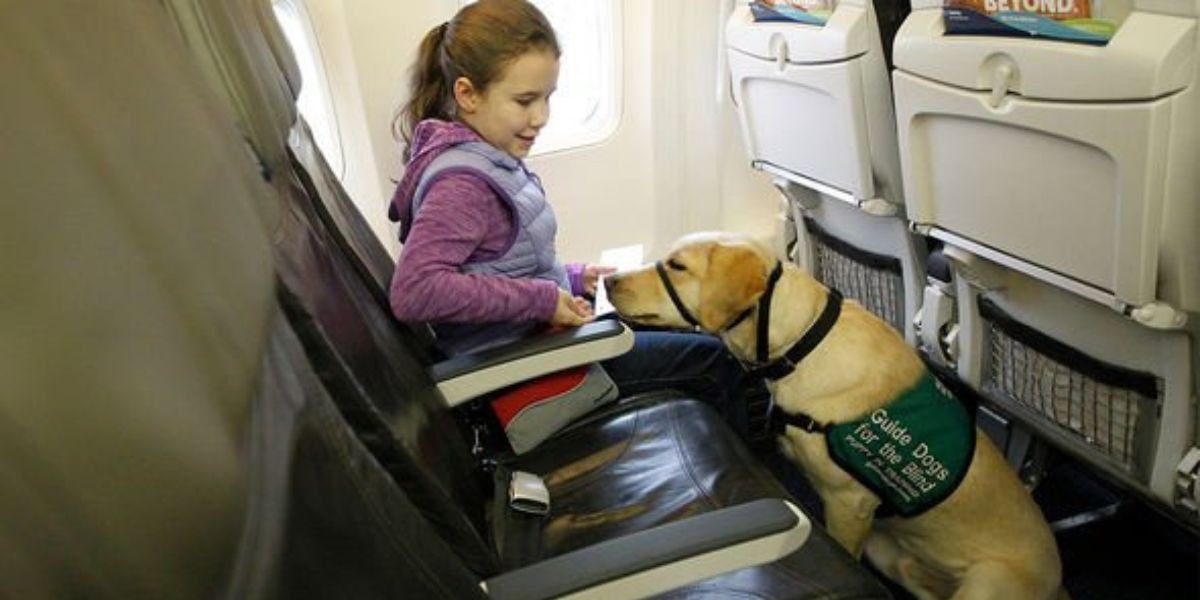Travel Insurance is an excellent plan for you and your family in case of needing financial protection against unexpected events that can disrupt a trip, such as medical emergencies, trip cancellations, lost luggage, or travel delays. It is a must-have safety net for unforeseen disruptions during your trip. But what if you miss your flight? Although the reasons may be surrounding events, such as public rallies, sudden vehicle breakdowns while arriving at the port, or other factors beyond your control. Does Travel Insurance Cover Missed Flights and How? Let’s roll into the scenarios where travel insurance might help cover your missed flight and how you can navigate the claim process.
When does Travel Insurance cover your Missed Flight?
Before we dive into ifs and buts, let’s just clear basic questions first, i.e., in what and which situation will the travel insurance cover your missed flight? It may vary according to the policy and provider.
- Severe Weather Conditions: If your flight is delayed or cancelled due to natural calamities such as heavy rainstorms or fog, and you miss your connecting flight or the next available departure, travel costs may be covered for the remainder of your trip to ensure. For instance, most popular travel insurance agencies offer up to $4,000 for trip cancellations due to such events. Delta Air Lines, United Airlines, and airlines subject to EU Regulation 261/2004 are more likely to refund or compensate passengers after weather-related delays.
- Unavoidable Medical Emergencies: Travel insurance can reimburse non-refundable expenses if you or your immediate family member gets critically ill or injured before or during your trip, causing you to miss your flight. This includes costs for rebooking flights or accommodations.
- Accidents or Delays in Transportation: As mentioned earlier, delays caused by accidents or breakdowns while en route to the airport can be covered. For example, some regulations provide coverage for missed flights if your car is totaled due to an accident or public transport fails to get you to the departure points on time due to unforeseen circumstances.
- Unforeseen Events: Unexpected reasons, such as natural disasters, civil unrest, or public strikes, can lead to missed flights. Travel insurance may cover the associated costs if such events cause delays or cancellations, and you miss your flight.
When does Travel Insurance typically not cover missed flights?
Please note that not all missed flights are eligible for insurance claims. Here are some standard exclusions:
1. Oversleeping or Personal Oversight:
Missing your flight due to oversleeping, forgetting necessary travel documents, or not arriving at the airport on time is generally not covered.
- Forgetting essential documents: Not having the necessary travel documents, like passports or visas.
- Misplacing tickets or travel information: Losing flight details or itineraries.
- Not adhering to check-in deadlines: Missing the airline’s specified check-in time.
These situations are considered within the traveler’s control and are not deemed unforeseen events by insurance providers.
2. Unforeseen Traffic Delays:
While severe traffic caused by accidents may get covered, routine delays due to construction or heavy traffic are typically excluded. Guidelines often specify that coverage applies only to delays caused by accidents on major roads or highways.
3. Airline’s Responsibility:
If the airline cancels or delays your flight, they are responsible for rebooking you. In that case, travel insurance may not provide separate compensation.
- Airline compensation: Airlines are usually obligated to provide compensation or alternative arrangements.
- Insurance claims: Travel insurance may not cover additional expenses if the airline has already provided compensation or rebooking options.
4. Pre-Existing Medical Conditions
Travel insurance policies often exclude coverage for medical emergencies arising from pre-existing conditions. If you or your family member has a pre-existing medical problem that leads to hospitalization or missing the flight, expenses will not be covered unless the condition was disclosed and accepted by the insurer.
Pro Advice: Thoroughly read all the travel insurance guidelines, rules, and regulations to understand the specific exclusions and limitations. If you are uncertain about any terms, contact your insurer for clarification before your trip.
How to file a claim for a missed flight?
If you unfortunately missed your flight due to any of the reasons mentioned above, here’s a step-by-step guidance on how to claim the insurance.
Communicate Immediately:
Make sure to notify your insurer when you realize you are about to miss your flight. Most policies require you to report within 24 hours to 30 days after your trip ends; otherwise, the claim might get rejected. You can also use the 24/7 portal provided by the insurer to start the claim promptly. A few of the airlines that can provide a solution quickly include Delta Air Lines, British Airways, easyJet, and others.
Understand your Policy inside and out:
Study the key benefits, limits, and exclusions regarding missed flights and trip interpretation. Check for the claim timelines, the excess amount, and the weather partner airline refunds that must be subtracted from your claim.
Collect Essential Documentation:
You must already be aware that a proper set of documents is necessary in these cases. Here’s a quick glimpse of what is required to keep:
Standard Documents-
- These include a fully completed & signed claim form provided by the insurer.
- Copy of your Travel Insurance Policy
- Booking Confirmation, itinerary, and original tickets or boarding passes.
Proof of Missed or Delayed Flight-
- Confirmation from the carrier showing the delay or disruption.
- The unused ticket or boarding pass with an airline-issued cancellation stamp or endorsement.
- New travel documents ( tickets/boarding passes) for the rescheduled flight.
Proof of Extra Costs Incurred-
- Receipts for new flights, meals, and accommodation—itemized and legible
- Credit card or bank statements showing payments.
Organize and Submit your Claim:
Make sure to check your insurer’s claim to ensure nothing is missing:
- Attach all relevant documents, such as forms, receipts, tickets, reports, and keep copies.
- Submit via official channel (online, email, or registered mail), adhering to deadlines (typically 30–60 days post-trip).
To Conclude
While travel insurance can provide financial protection if you miss your flight due to cover circumstances, not all situations are eligible. Understanding the specifics of your policy and taking proactive steps to prevent missed flights is crucial. Always read the fine print, keep thorough records, and contact your insurer promptly if disruptions occur.
For personalized advice, consider consulting with your travel insurance provider to ensure you have the appropriate coverage for your trip.
FAQ’s
Your insurance provider will refund you if the flights are missed due to any of the reasons mentioned in their policies.
A typical no-show fee can range from $100 to $200 in the event of a missed flight.
The airline should re-book the passenger on the next available flight or the next outbound flight the next morning.
Review the denial reason, gather additional evidence, appeal the decision, and seek external help if necessary.
Missing a flight is preventable if you arrive early, monitor traffic conditions, prepare documents in advance, and stay informed about flight status updates.


























